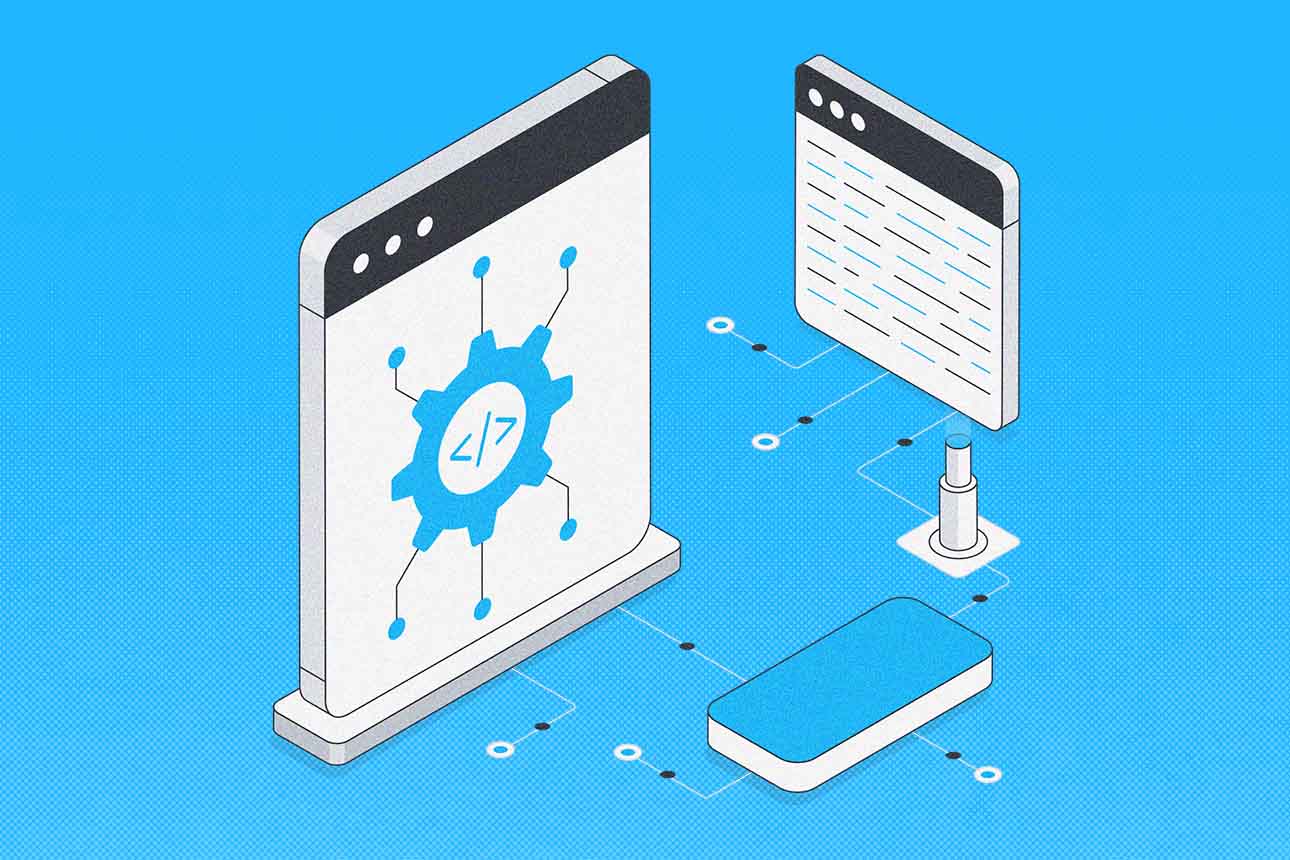Apple Pushes Siri AI Launch to 2026 Amid Technical Challenges
Apple is also preparing updates to several of its popular products, including the MacBook Air, iPad Air, and iPad mini.
News
- OpenAI Retires GPT-4o as It Consolidates ChatGPT Models
- Adani Power Sets Up Nuclear Subsidiary
- Musk Unveils xAI Overhaul, Lunar AI Ambitions
- Former GitHub CEO Dohmke Raises $60 Million to Build AI Code Infrastructure
- Leadership Shakeup Deepens at xAI as Two Co Founders Exit
- India Slashes Social Media Takedown Window to Three Hours

Apple is seeing strong demand for its iPhone 17 series, but its plan to introduce an AI-powered version of Siri has been hit by another delay. The company first revealed its “Apple Intelligence” initiative at WWDC 2024 and had originally aimed to roll out the new Siri features earlier this year. The update is now expected to arrive in 2026 with the iOS 26.4 release.
In a recent interview with CNBC ahead of Apple’s fourth-quarter earnings, CEO Tim Cook confirmed that the upgraded Siri is still “on track” for launch next year. He also said the company is in talks with AI developers such as OpenAI and Google to bring their chatbot technologies into the Apple ecosystem. “Our intention is to integrate with more people over time,” Cook said, adding that Apple remains open to mergers and acquisitions “if we think that it will advance our roadmap.”
The delay stems from technical challenges within Apple’s software engineering division. Senior vice president Craig Federighi had earlier explained that the first-generation architecture for a personalized Siri did not meet the company’s quality standards. Engineers then began working on a second-generation framework designed to support more complex, private, and secure AI capabilities. This effort relies heavily on Apple’s Private Cloud Compute system, which processes data in a way that keeps user information on-device or encrypted in Apple’s cloud servers.
Cook said that Apple’s new manufacturing plant in Houston has begun producing servers for Apple Intelligence, which will power some of these AI features and support Siri’s next-generation functionality.
Even as Apple invests heavily in AI infrastructure, it continues to manage rising operational costs. The company reported $1.1 billion in additional tariff expenses in the third quarter and expects that figure to rise to $1.4 billion in the December quarter.
Apple is also preparing updates to several of its popular products, including the MacBook Air, iPad Air, and iPad mini, which are currently being tested with OLED displays to improve color quality and contrast.
Despite facing class-action lawsuits from users over the delayed Siri rollout, Cook suggested that AI is already influencing consumer preferences. “Apple Intelligence is a factor, and we’re very bullish on it becoming a greater factor,” he said during the earnings call.






